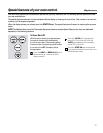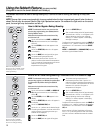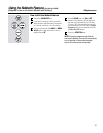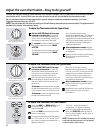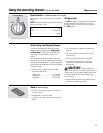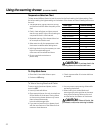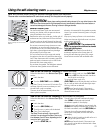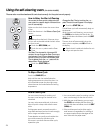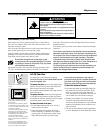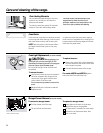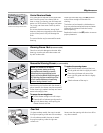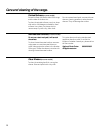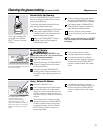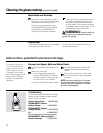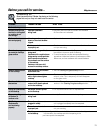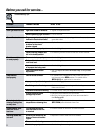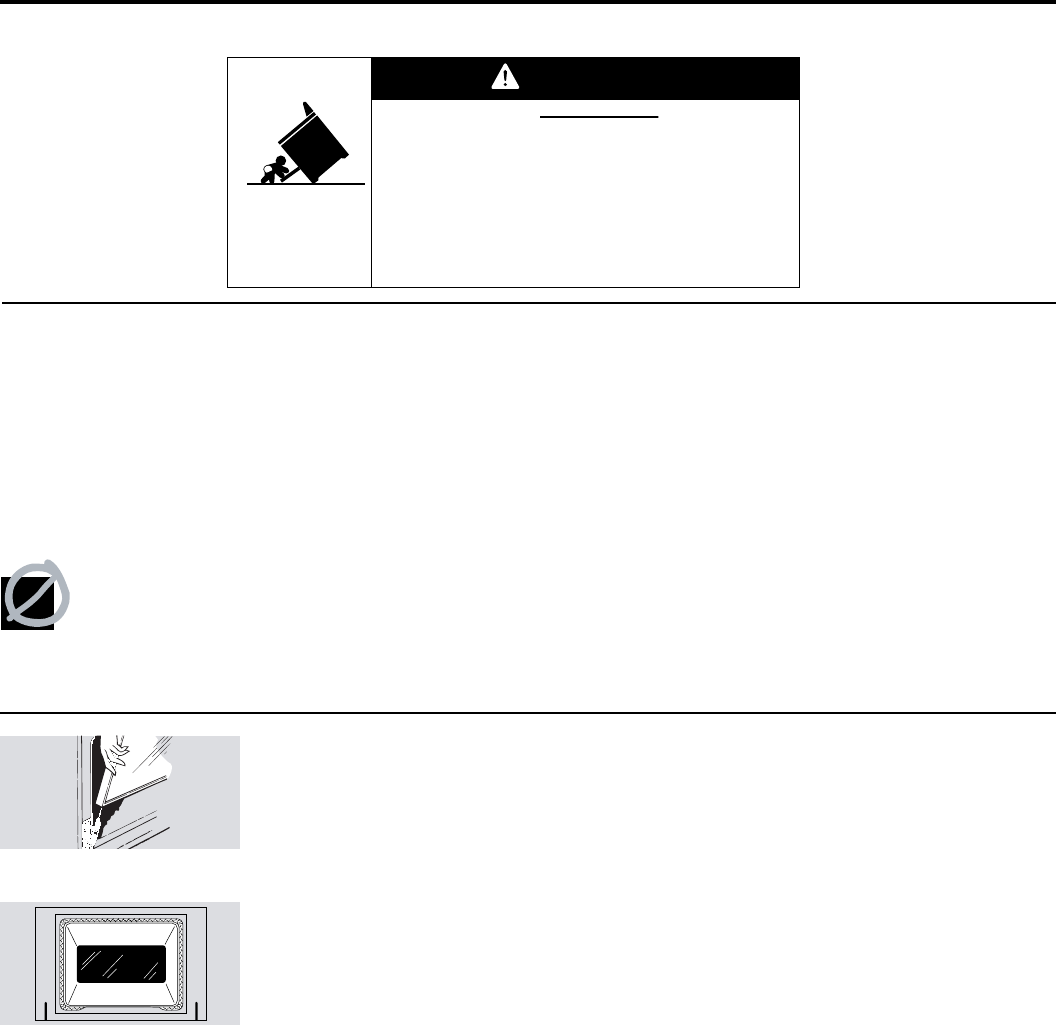
GEAppliances.com
The oven door is removable for cleaning.
Do not lift the door by the handle. Make sure the
oven is completely cool.
To remove the door, open it to the special stop
position. Grasp firmly on each side and lift the
door straight up and off the hinges.
Do not place hands between the hinge and the
oven door frame.
To replace the door, make sure the hinges are
in the special stop position. Position the slots in
the bottom of the door squarely over the hinges
and slowly lower it over both hinges.
To clean the inside of the door:
Do not allow excess water to run into any
holes or slots in the door.
Soap and water will normally do the job.
Heavy spattering or spillovers may require
cleaning with a mild abrasive cleaner. Soap-
filled, steel-wool pads may also be used.
Do not allow food spills with a high sugar or
acid content (such as milk, tomatoes, sauerkraut,
fruit juices or pie filling) to remain on the surface.
They may cause a dull spot even after cleaning.
To clean the outside of the door:
Use soap and water to thoroughly clean the
top, sides and front of the oven door. Rinse
well. You may also use a glass cleaner to
clean the glass on the outside of the door. Do
not let water drip into the vent openings.
Spillage of marinades, fruit juices, tomato
sauces and basting materials containing
acids may cause discoloration and should be
wiped up immediately. When surface is cool,
clean and rinse.
Do not use oven cleaners, cleaning powders
or harsh abrasives on the outside of the door.
Lift the door straight up and off the
hinges.
The gasket is designed with a gap
at the bottom to allow for proper
air circulation.
Because the area inside the gasket
is cleaned during the self-clean cycle,
you do not need to clean this by hand
on self-clean models.
The area outside the gasket and the
front frame can be cleaned with a
soap-filled steel-wool pad, hot water
and detergent. Rinse well with a
vinegar and water solution.
Do not rub or clean the door gasket³
it has an extremely low resistance to
abrasion.
If you notice the gasket becoming
worn, frayed or damaged in any way,
or if it has become displaced on the
door, you should have it replaced.
Lift-Off Oven Door
With proper care, the porcelain enamel finish on the inside of
the oven³top, bottom, sides, back and inside of the door³will
stay new-looking for years.
Let the range cool before cleaning. We recommend that you
wear rubber gloves when cleaning the range.
Soap and water will normally do the job. Heavy spattering or
spillovers may require cleaning with a mild abrasive cleaner.
Soap-filled scouring pads may also be used.
Do not allow food spills with a high sugar or acid
content (such as milk, tomatoes, sauerkraut, fruit juices
or pie filling) to remain on the surface. They may cause
a dull spot even after cleaning.
Household ammonia may make the cleaning job easier. Place
1/2 cup in a shallow glass or pottery container in a cold oven
overnight. The ammonia fumes will help loosen the burned-on
grease and food.
If necessary, you may use an oven cleaner. Follow the package
directions.
Do not spray oven cleaner on the electrical controls and switches
because it could cause a short circuit and result in sparking or fire.
Do not allow a film from the cleaner to build up on the temperature
sensor–it could cause the oven to heat improperly. (The sensor
is located at the top of the oven.) Carefully wipe the sensor clean
after each oven cleaning, being careful not to move the sensor as a
change in its position could affect how the oven bakes.
Do not spray any oven cleaner on the oven door, handles or any
exterior surface of the oven, cabinets or painted surfaces. The
cleaner can damage these surfaces.
Oven Interior (non-self clean models)
Be sure electrical power is off and all surfaces are cool before cleaning any part of the range.
25
A child or adult can tip the range and be killed.
Verify the anti-tip bracket has been properly installed
and engaged.
Ensure the anti-tip bracket is re-engaged when the range
is moved.
Do not operate the range without the anti-tip bracket in
place and engaged.
Failure to follow these instructions can result in death or
serious burns to children or adults.
Tip-Over Hazard
WARNING



